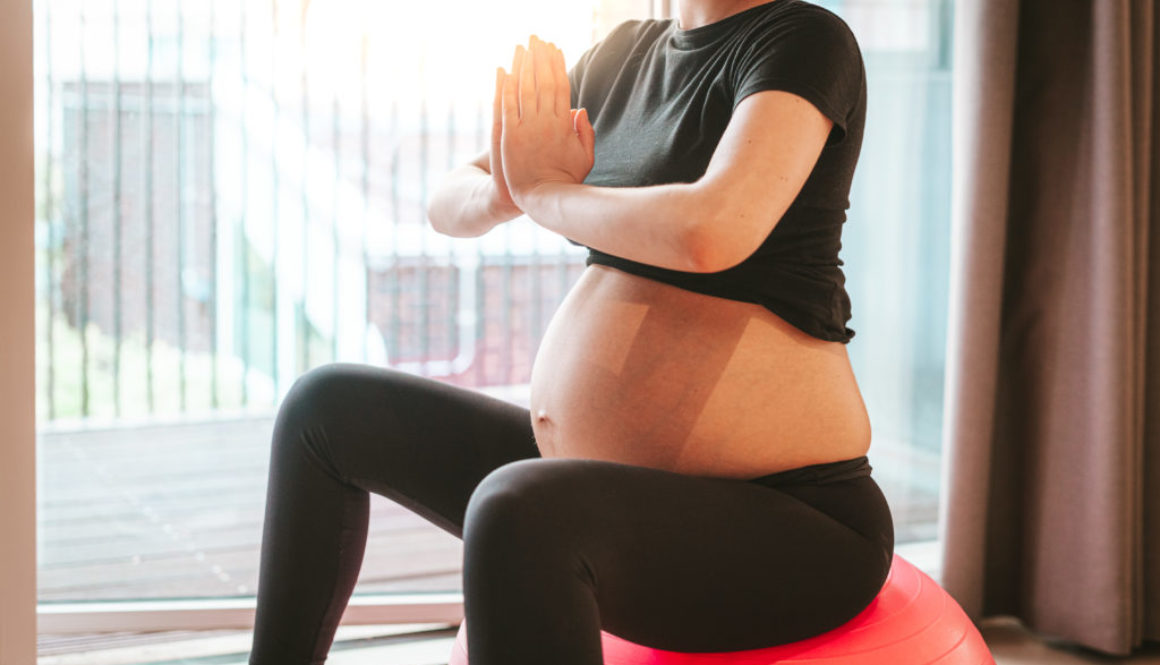PREGNANT AND WHAT NEXT? – HOW TO TRAIN SAFELY FOR YOURSELF AND YOUR CHILD
GET A GREEN LIGHT
Exercising during pregnancy is not only possible, but also advisable. Once you know that you are expecting a baby, make sure with your doctor before starting any activity that there are no contraindications in your case and that the pregnancy is physiological. Get regular checkups to make sure everything is going well. Also observe yourself, your body and well-being, and consult the signals that arouse fear to dispel anxiety.
ADJUST PHYSICAL ACTIVITY
Pregnancy is not a disease and if you have exercised in the gym, jogged or swam before, you can continue these activities only in a slightly changed form. It is worth eliminating heavy weights and classic “crunches” from strength exercises. The latter, moreover, are not the best solution regardless of pregnancy. 😉 Exercise at your own pace, take longer breaks if you need to. As babies grow, they put more and more pressure on the lungs and diaphragm, which can result in shallow breathing. When running, leave speed records or intervals with rapid accelerations after pregnancy. Choose distances up to 10 km and adjust the running speed with your mood. If you do not feel confident training alone, you can join special group classes for future mothers or work under the supervision of a personal trainer who will know best what is appropriate for you at a given stage. It is worth giving up sports with a high risk of falling in their practice, e.g. skiing or snowboarding, horse riding or even cycling. Ice skates, roller skates and roller skates are also worth saving for the future. Combat sports and any extreme sports such as climbing or parachuting are also inadvisable. Choose regular walks, jogging, swimming, exercises with your own body weight (which will get bigger over time).
REMEMBER ABOUT THE PERKS
Regular physical activity, provided that it is properly selected, allows you to better cope with the symptoms characteristic of each trimester of pregnancy. The training future mothers agree that at the beginning of pregnancy, exercise helps with nausea, drowsiness and lack of energy, and in the following months it helps to avoid overloading backaches or knees. In addition, exercise during pregnancy regulates weight gain, physically prepares us for natural childbirth, and promotes better regeneration after it.
FRUIT AND VEGETABLES IN THE MAIN ROLE
When training at this special time, you should pay more attention to what we provide to our body and how we care for its nourishment. And I’m not just thinking about eliminating raw meat, fish and eggs, as well as blue cheeses and alcohol from our menu, which is recommended for pregnant women. A diet rich in vegetables and fruits (eaten several times a day) provides the vitamins and trace elements necessary for a mother-to-be and a developing baby, as well as a soluble and insoluble fiber fraction that helps regulate the digestive system, which proves to be extremely important during pregnancy. The need for fluids also increases – it is optimal to drink 2 large bottles of water during the day, especially on training days.
